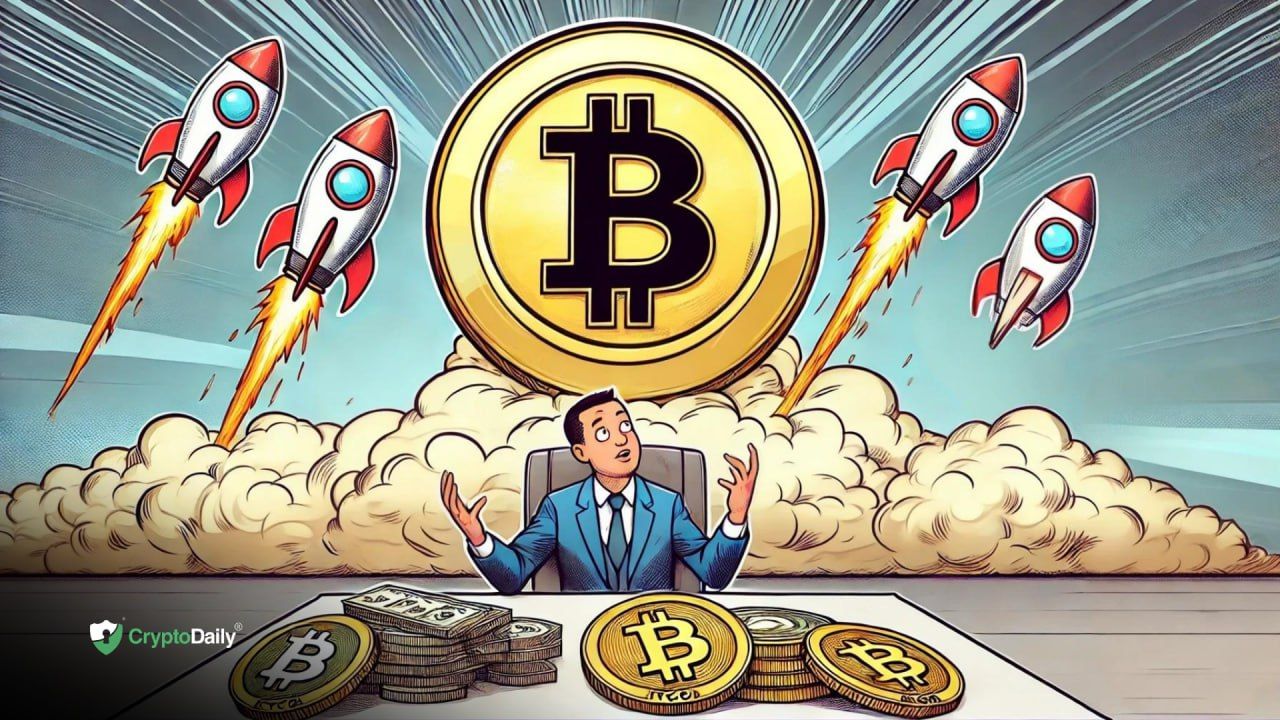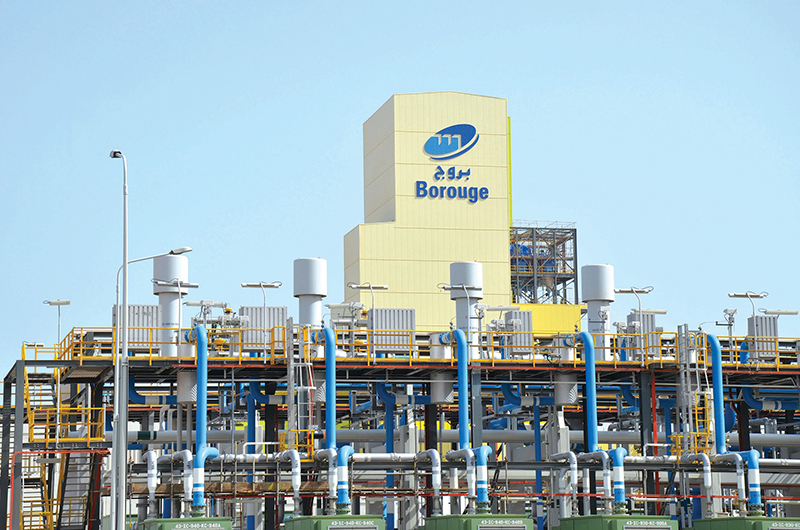UAE banks have demonstrated remarkable resilience in the first half of this year, posting strong financial results despite global economic uncertainties. This performance, marked by solid growth in key financial indicators, contrasts sharply with the results of their Saudi counterparts, who have faced more pronounced challenges.
Banks in the UAE reported robust earnings for the first and second quarters, with significant improvements in net profit margins, return on assets, and loan growth. This positive trajectory is largely attributed to effective cost management strategies, digital transformation initiatives, and a diversified asset base. Notably, First Abu Dhabi Bank (FAB) and Emirates NBD, two of the largest financial institutions in the region, recorded impressive gains in their net profits, showcasing their ability to navigate a complex economic landscape.
First Abu Dhabi Bank’s net profit surged by 15% year-on-year in Q2, reaching AED 2.95 billion. This growth was driven by higher interest income and a reduction in impairment charges, reflecting the bank’s prudent risk management practices. Similarly, Emirates NBD reported a net profit increase of 11% in Q2, amounting to AED 3.9 billion. The bank benefited from strong operating income and cost containment measures, further bolstered by a substantial rise in fee and commission income.
Comparatively, Saudi banks have experienced a more mixed performance. While major players such as Al Rajhi Bank and Saudi National Bank posted growth in their net profits, the overall sector faced headwinds due to tighter liquidity conditions and increased competition. Al Rajhi Bank, the largest Islamic bank in the world by assets, saw a modest 7% rise in net profit for Q2, driven by higher operating income and a decline in operating expenses. However, other banks in the Kingdom struggled with lower margins and higher loan loss provisions, reflecting the broader economic pressures.
A key differentiator between UAE and Saudi banks has been their approach to digital transformation and customer engagement. UAE banks have aggressively pursued digital banking solutions, enhancing customer experience and operational efficiency. The introduction of innovative products and services, such as mobile banking apps and digital payment platforms, has played a crucial role in attracting and retaining customers. Emirates NBD, for example, launched its digital banking platform Liv., which has garnered significant traction among younger customers, contributing to the bank’s overall growth.
In contrast, Saudi banks have been slower to adopt digital banking technologies, which has impacted their ability to compete in an increasingly digital-first market. While efforts are underway to modernize banking services in the Kingdom, the pace of adoption remains a critical factor in determining future competitiveness.
Economic diversification efforts in the UAE have also provided a supportive environment for banks. The government’s focus on sectors such as tourism, real estate, and technology has created new opportunities for financial institutions to expand their lending portfolios and reduce dependence on oil revenues. This diversification strategy has helped cushion the impact of global economic fluctuations on the banking sector.
Meanwhile, Saudi banks continue to face challenges related to their heavy reliance on oil revenues and the ongoing economic reforms under Vision 2030. While these reforms aim to reduce the Kingdom’s dependence on oil, the transition has been gradual, and banks are still adjusting to the new economic landscape.
Overall, UAE banks have outperformed their Saudi counterparts in the first half of the year, showcasing stronger financial health and a more robust growth trajectory. The success of UAE banks can be attributed to strategic cost management, digital innovation, and a diversified economic base, positioning them well for sustained growth in the coming months. As both UAE and Saudi banks navigate the evolving economic environment, their ability to adapt and innovate will be key determinants of future success.

 By Dr. Gyan Pathak Known for having transformed the Delhi education scenario in government schools from poor to very good, even better in performance than private schools in the National Capital Territory, in just a decade, AAP government is now on the way to transform Punjab school education to provide high quality education for all […]
By Dr. Gyan Pathak Known for having transformed the Delhi education scenario in government schools from poor to very good, even better in performance than private schools in the National Capital Territory, in just a decade, AAP government is now on the way to transform Punjab school education to provide high quality education for all […]














![UAE awards first official lottery license 768x512[1]](https://thearabianpost.com/wp-content/uploads/2024/07/UAE-awards-first-official-lottery-license-768x5121-1-151x118.jpg)













